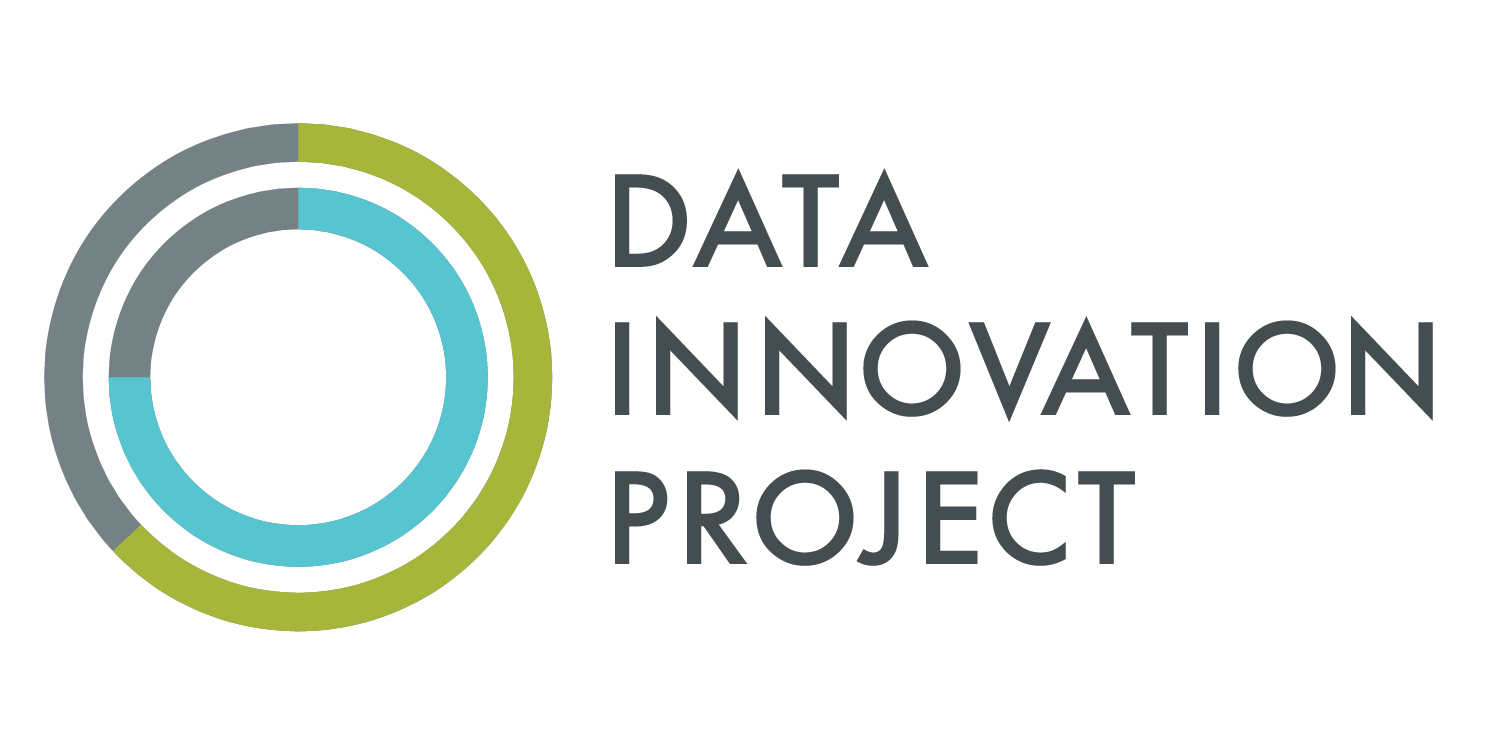APPLIED RESEARCH FELLOWSHIP
Enhance your data capacity.
The 2025-2026 Applied Research Fellowship applications are now open! All applications are due by Friday, June 6, 2025. Reach out to Elora at elora.way@maine.edu with any questions.
The Data Innovation Project’s Applied Research Fellowship Program places DIP-trained graduate students from the University of Southern Maine in community organizations to support their applied research and evaluation efforts. This program both enhances community organizations’ data capacity and provides USM graduate students with hands-on education and skill building on program evaluation. Thanks to the support of the Maine Economic Improvement Fund, fellowship positions are paid work experiences and available at no cost to selected organizations.
Read on and find the full application for community organizations and students below.
How does this work?
Interested community organizations and graduate students apply to participate in the Fellowship.
After reviewing applications for merit, interest alignment, and skills and experience, the DIP selects and pairs students and community organizations for the fellowship program year (which follows the academic year).
With DIP support, the selected host site and fellow establish a project(s) that will be the primary focus of their work for the year.
At the close of the academic year, fellows present the results of their work and submit all agreed upon deliverables to their host site and the DIP.
Timing and Investment
- The placement spans the academic year (September-May; 30 weeks in total)
- Fellows work 10 hours each week and receive a $5,760 stipend for the academic year plus a $3,000 scholarship.
- The stipend and scholarship costs are covered by grant funding and are not the responsibility of host sites.
- Host sites are expected to oversee the student’s time and manage their work to ensure project milestones and deliverables are met.
DIP Support and Resources
Throughout the program, DIP staff will:
- Function as liaison between the fellow and community organization and offer technical assistance and supervision when needed.
- Facilitate monthly peer group meetings for fellows.
- Deliver skill-building workshops for fellows and host sites to support their project work.
Successful Project Examples
- Evaluation plan and data collection systems improvement for a Police Assisted Addiction and Recovery Program—Operation HOPE, 2018-2019 host site
- Analysis of existing program surveys and the redevelopment of the survey tools to better align with the programs’ needs and outcomes—Sea Change Yoga, 2019-2020 host site
- Analysis of data from a help desk ticket management system to understand the needs of multilingual learners and their families accessing interpretation support—Multilingual and Multicultural Center of the Portland Public Schools, 2020-2021 host site
Past and Current Sites
Access to Care—MaineHealth
Birth Roots
Center for Grieving Children
Cumberland County Food Security Council
Cultural Alliance of Maine
Full Plates Full Potential
Gateway Community Services of Maine
Gerald E. Talbot Community School
Healthy Communities of the Capital Area
Hardy G*rls, Healthy Wom*en
Health Services @ University of Southern Maine
Island Institute
Katahdin Collaborative
Maine Access Immigrant Network
Maine Coalition to End Domestic Violence
Maine Initiatives
Maine Recovery Fund
Maine School Garden Network
Maine Youth Action Network
Milestone Recovery
Millinocket Memorial Library
Mindbridge
Momentum Conservation
Multilingual and Multicultural Center of the Portland Public Schools
Operation HOPE
The Opportunity Alliance @ South Portland Middle School
Portland Adult Education
Portland Downtown & Amistad
RSU13
Sea Change Yoga
Southern Maine Agency on Aging
Wabanaki REACH
Youth & Community Engagement
Youth-Led Justice (formally Maine Youth Court)
It gave us the opportunity to look at things we haven’t for a long time and it gave us an ability to do a little bit of a deeper dive…this pushed us to a new level.
– Host Site
